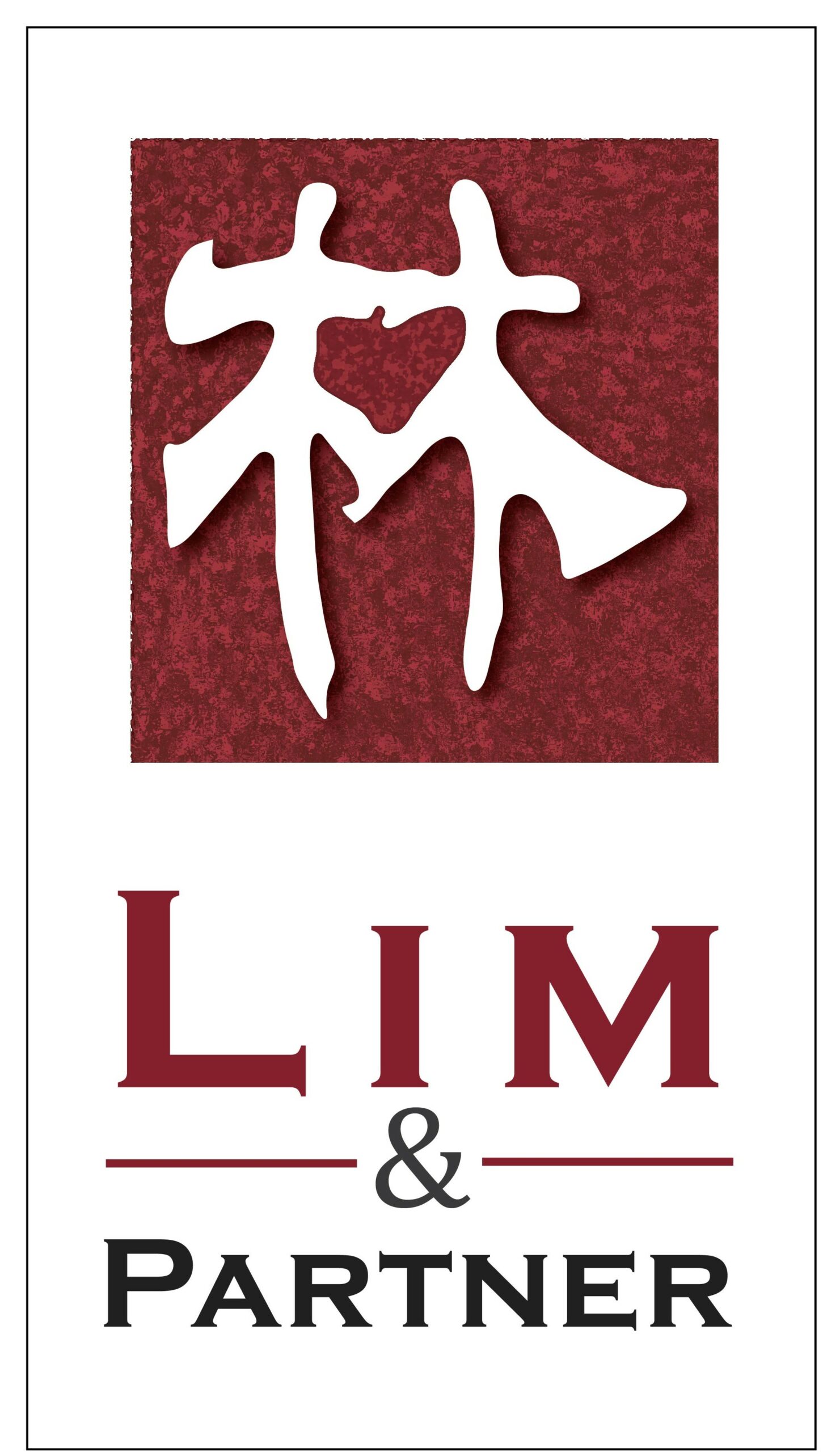
No different to other countries, Ireland is experiencing the effect of the pandemic as an accelerant of the conversation around forms of work. Two issues have emerged as potential for impact at several levels in the management of staff. They are the right to disconnect and, a right to request remote working. Both are framed under a desire for more attractive work/life balance.
It is acknowledged that we have lagged behind some other European countries on the idea of a right to disconnect. This is now being addressed through a code of practice. In legal terms this may not be highly enforceable in terms of sanctions against an employer, but not having a policy is embarrassing and disadvantageous if an organisation is asked to account for itself at a third party adjudication forum.
The other aspect to work life balance in 2021 is the right to request home working. The government has laid down some markers which are going to make this something more than a hopeful request to be easily brushed aside. Firstly, it has set a floor on the matter whereby non-frontline public sector workers may work outside of their place of work for 20% of their working time. Secondly, it intends to support working from home (as one form of remote working) with some tax benefits. Thirdly, it is recognising that working remotely is not just working from home, so it is supporting investment in work hubs to offer facilities closer to home and reducing commuting.
This could be viewed as a reversal of the normally centralising direction of mass movements of people that occurs with industrial and technological shifts. The thrust of the legislation will be that employers will need to demonstrate reasonableness in refusing a request for remote working. This may be difficult if they have kept their business open through the flexibility of staff who adopted remote working during the pandemic. Future requests will no doubt seek that employers fund the cost of remote working, where this is carried out from a work hub.
Of equal interest will be the approach to managing people in this new era where it will be reasonable to request remote working. Given that Ireland positions itself as a high value knowledge industry base providing access to the EU market, it has attracted staff from other countries in increasing numbers over the past two decades. Many of these are on career journeys, be they citizens of the EU or beyond it. Therefore, employers may be initiating a debate on remote working where such self-expatriated professionals wish to return to their native country, and remain in employment from there. This may well accelerate the strategy of the work geographically following the talent, with highly-sought talent becoming even more borderless. This quite a pivot from companies looking to off-shore low value tasks to now accepting the remote accessibility of globally scarce talent preferring to offshore itself.
At a more local level, talent strategies will need to take account of the changing circumstances; less so on hiring, but more on the development of staff who wish to work remotely as much as possible. Talent professionals will also need to take account of the need to manage staff development and growth, if only to remain compliant with employment equality legislation. There are ample opportunities for direct and indirect discrimination cases. A careless stereotyping of staff who opt for remote working as not being career motivated could be costly as would a thought process develop in an organisation that only those who opt to base themselves at the traditional office location are favoured for career advancement. Similarly, talent professionals need to ensure that managers take a whole view of the remote worker and prioritise their talent offering to support and develop staff.
This is not a time to revive and recast Atkinson’s model of the core and contingent workforce. Talent Managers will need to understand their target market of knowledge professionals as becoming more diverse in their career preferences and expectations – and respond with employer branding that emphasises trust and wellness. Globally, remote working will open up great opportunities for organisations that view it as a positive shift in work/life balance.
